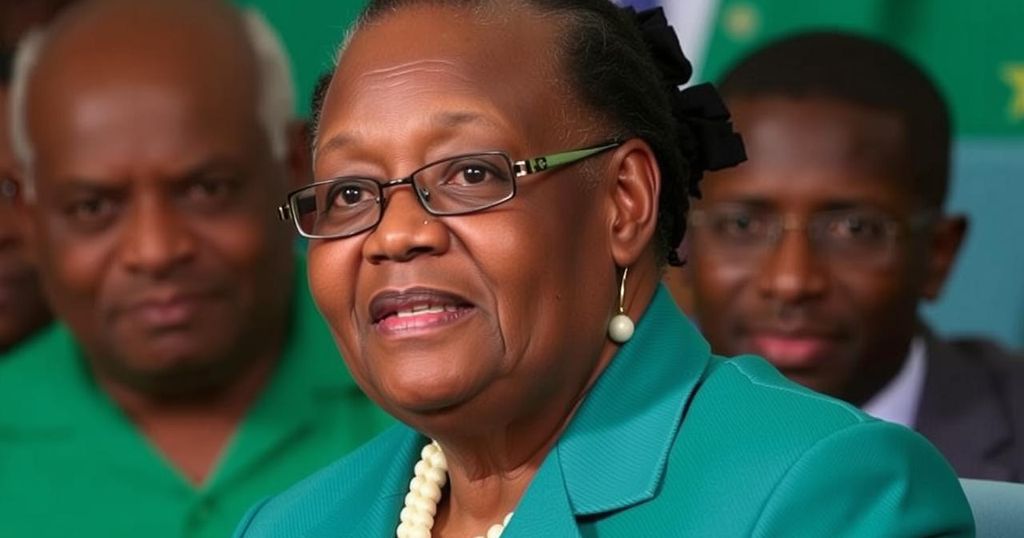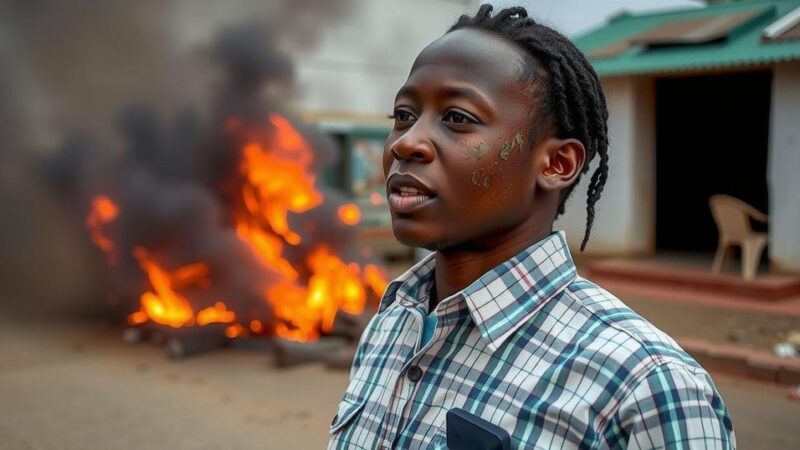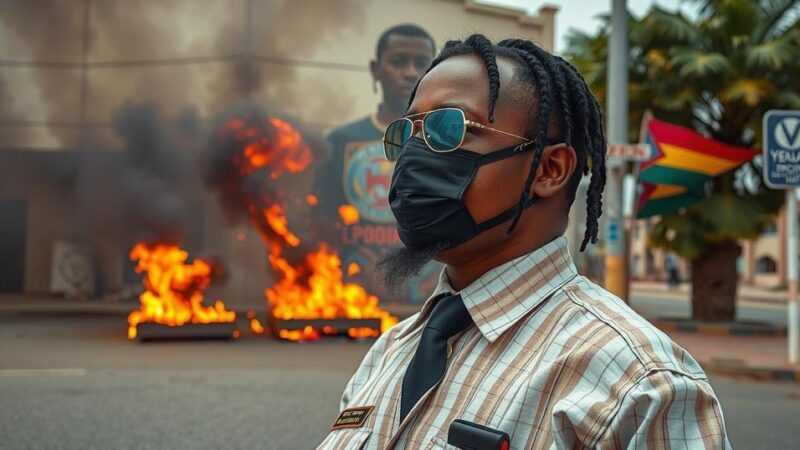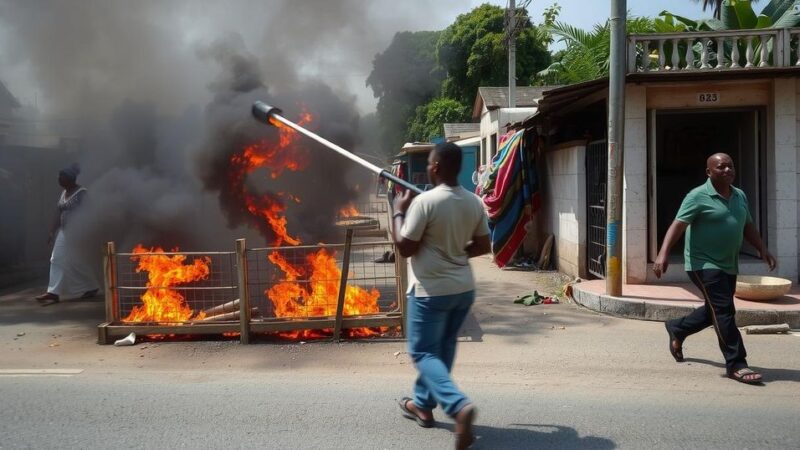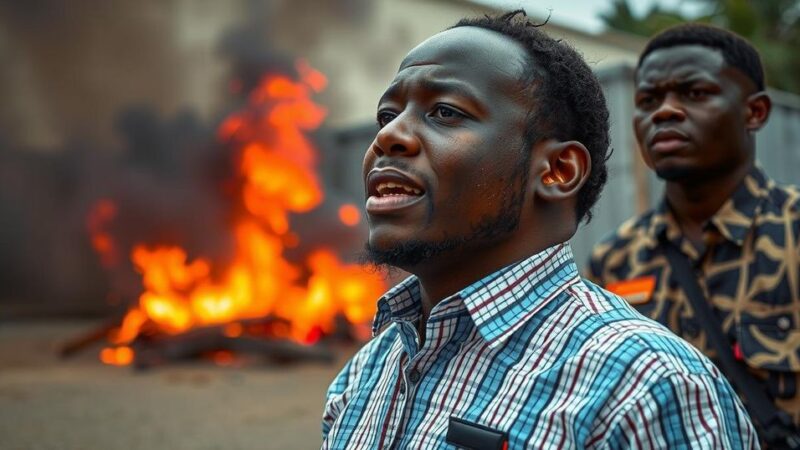Mozambique’s Supreme Court has confirmed Daniel Chapo’s October election win, sparking protests by opposition groups who claim the election was rigged. The ruling party Frelimo’s victory is contested, raising concerns about electoral integrity and political stability in the country.
The Supreme Court of Mozambique has officially confirmed the election victory of Daniel Chapo and his ruling party, Frelimo, from the elections held in October. This decision has led to a significant backlash from opposition groups who assert that the elections were fraught with irregularities, alleging that the process was not free and fair. As a result, large-scale protests have erupted, fueled by claims of vote manipulation and disenfranchisement of voters. Observers note that this decision may have far-reaching implications for Mozambique’s political landscape and its democracy.
Mozambique has a complex political history characterized by a longstanding rivalry between the ruling Frelimo party and the opposition group, Renamo. The recent elections were reported to exhibit numerous electoral challenges, including accusations of suppression of dissent and voter intimidation. The confirmation of Chapo’s win has intensified these issues, prompting questions regarding the legitimacy of democracy in the nation and the possibility of ongoing unrest due to the dissatisfaction expressed by opposition parties and their supporters.
The ruling by Mozambique’s top court to affirm Daniel Chapo’s electoral victory is likely to exacerbate existing tensions within the country. With widespread protests and allegations of electoral malpractice, the future of political stability in Mozambique remains uncertain. The situation calls for vigorous dialogue among all stakeholders to restore public confidence in the electoral process and to ensure a democratic governance framework.
Original Source: www.france24.com

